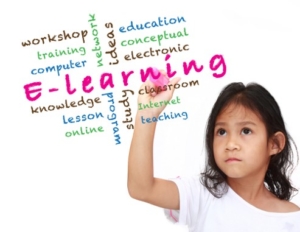Who are you?
One of the networks I follow poses questions often. The most recent question was “What’s the #1 thing you have learned this year?
The problem I have with the question is that I am continually learning. I am a very curious man and not a big fan of the status quo. However, over my seventy plus years, I have learned a few things that I would like to highlight.
I would like to think that I am continually learning. I am a very curious man and not a big fan of the status quo. I have learned a few things that I would like to highlight.
First, from a book by Edith Hall called “Aristotle’s Way,” is a reminder. This is not something that is new for me, but it is an important one. Aristotle suggested that we have a personal responsibility to ourselves to be happy. I have had as a foundation stone in my life, the philosophy “Before you can be of any value to anyone else you have to be of value to yourself.” The two ideas are tied together, aren’t they?
More recently I obtained a book by Simon Sinek called “The Infinite Game.” This picks up the theme from “Finite and Infinite Games” a book written by James P. Carse. This is also reinforcing strong beliefs that I have had for most of my life. Life is not about winning and losing. We must be focused more on our lifetimes than individual events. I grew up swimming competitively and had a tough time. I didn’t lose many races and had national records for age groups consistently. That was the result, the pathway was another thing altogether. I would be sick before I left my home to go to a swimming meet, I would be sick changing into my bathing suit, and if there was anything left, I would be sick before going out to the start of the race. Not much fun. As you might imagine, this always bothered me. What was the matter with me? Did I need to win that much or was I afraid to lose. You see I didn’t lose very often so I never really got an answer that was clear. What finally penetrated my mind was that those two outcomes – needing to win or fear of losing – are the same. You see, if you take one of your attributes to its full extent you reach the direct opposite. So, when taken to the extreme, needing to win and fear of losing are the same thing. That brought me peace. What was more important and remains another foundation stone for my life is that you are not competing with the other swimmers in the race. You are competing with yourself. That is a much more serious competitor. You are trying to improve your own individual performance constantly. I believe this is a critical element in life. You are never finished. You can continually get better. To some degree it means never being satisfied with your situation or performance.
For the close today I will move to my life as a teacher. I come from a long line of teachers. I love to teach. I love to see the lights go on in people’s eyes when they “get it.” That truly turns my crank: it excites me, and it motivates me.
There have been many books written about self-improvement. I will reference you here to one called “Make It Stick: The Science of Successful Learning.”
There are far too many truly amazing points in this book to pick out only one. Let me do it this way. In our own “progression of learning” (my view of learning) we need to be “testing” ourselves frequently. It has been proven scientifically that assessments, both formative and summative, when taken during the learning process significantly improve the retention of the knowledge. By retaining knowledge, we will be able to apply our knowledge to the challenges we face in our lives.
Learning is a lifelong activity. It is a truly rewarding activity as well. Genetics determines our brain power. Learning is what is required if you are to reach your personal potential.
Think about these points. They are important and I believe that they will help you as a person.
The TIME IS NOW.

